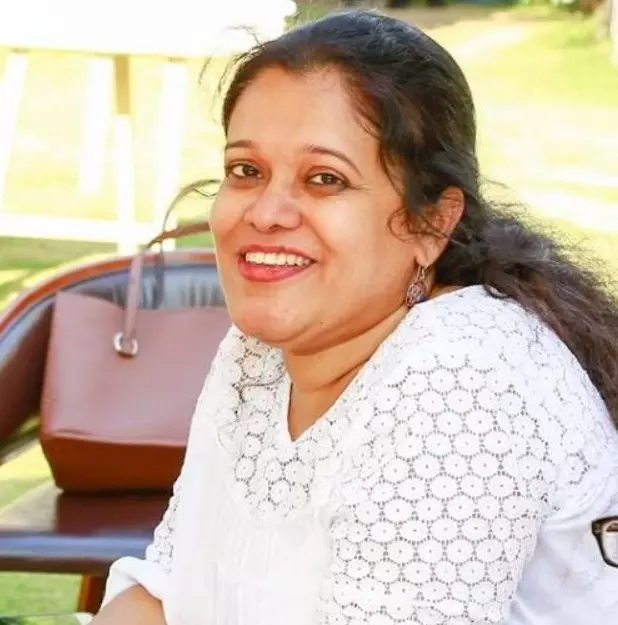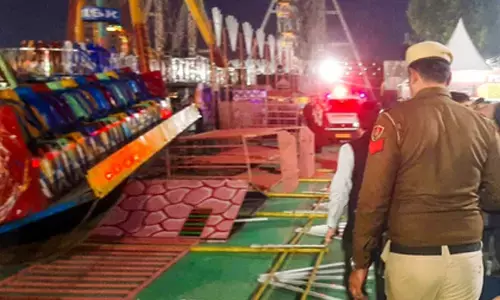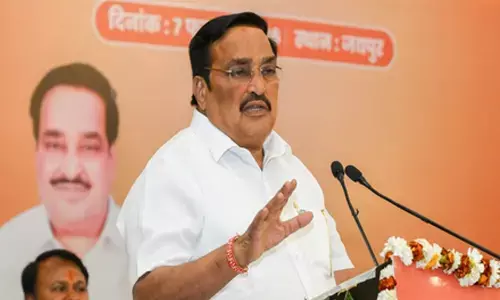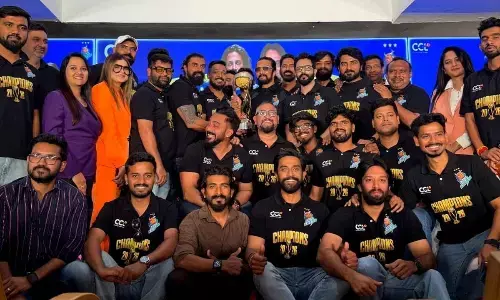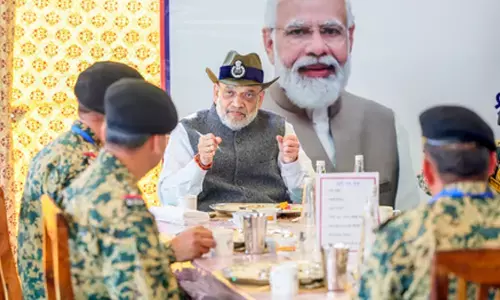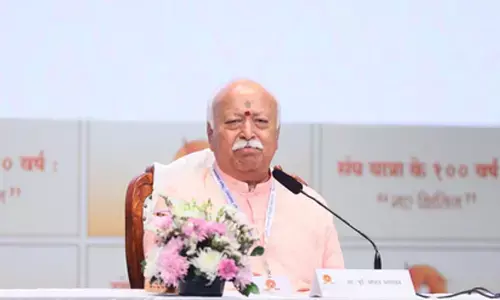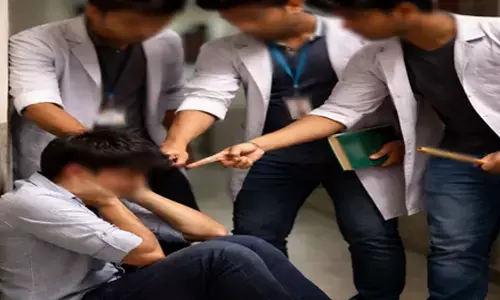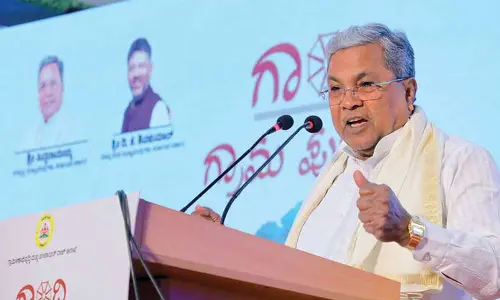The voices unheard
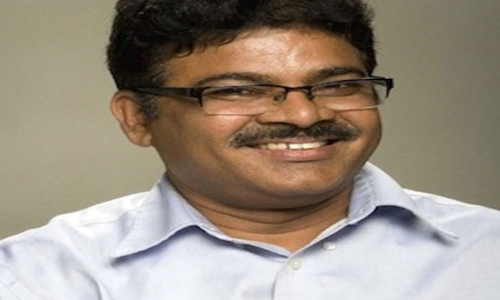
Poet, writer Afsar Mohammeds book The Festival of Pirs Popular Islam and Shared Devotion in South India was a result of extensive research and documents the festival of Muharram in the Telugu States
Poet, writer Afsar Mohammed’s book ‘The Festival of Pirs: Popular Islam and Shared Devotion in South India’ was a result of extensive research and documents the festival of Muharram in the Telugu States. The history, spirituality, traditions and the spirit of oneness that allows people of both Hindu and Muslim communities to take part in the rituals, is what characterises the festival that goes back to the battle of Karbala of 680 CE. As a part of his research Afsar, who works as a faculty at the University of Pennsylvania, visited many villages (around 200) across AP and Telangana and documented stories and traditions of people. The story associated with the festival is part of history, but how history gets a new narration with the influence of local history and local ideology is what makes these 200 stories different from each other. “There is absolutely no commonality. Every place has a story, In Hyderabad, there is a Shia narrative, but in Nizamabad, Mahbubnagar, Khammam, the story is different. Local time and space define the story. Local history and flavour come into the narrative. How common people and farm labourers view history is interesting, especially women. They do the subjective interpretation. Women have inbuilt gender perspective in their story. I spoke to 50 women – those from the urban milieu will have Prophet Mohammed and grandsons whereas rural women will have women in their stories. You don’t see Ali – you see his wife, Prophet’s daughter, Hussain and Hassan’s wives and daughters. This is also history, there may be a few deviations and additions and why they are adding these to the narrative is so important to understand social ideology,” shares Afsar.
By the end of the book, the author had so many stories and data, most of which he hadn’t used, which is when he decided he will use his creativity and write stories employing what he has learnt, observed, and understood. One of the main takeaways from the people’s stories was how things have changed. There has been the change in the way people think, behave and even the way festivals are celebrated post-Babri Masjid demolition and the later-day developments. And he began writing stories that belonged to the period post-Babri until the bomb blasts in Hyderabad.
‘‘Muslim and Hindu perspectives have changed. The two communities had decorum until a certain time that has been disturbed by these incidents. I could use only a little of what I saw for the book. I wanted to show the rupture, pain and hurt.”
Afsar’s stories started appearing in magazines and newspapers. Recently he compiled his stories for his book, ‘Sahil Vastadu’. The stories though distinct on their own, together make a seamless narrative making for a whole. They in addition to bringing to fore what happens when politics divides the people also reminds the not so much discussed topic of Muslim oppression. “Dalit empowerment has constitutional validity. There is a general consensus on women issues, but the Muslim voice is not accepted and does not have legitimacy. There are no legal or constitutional guarantees. Muslims in India face social crisis and political crisis with no proper leadership, and they do not get space in media. Within the community, there is an inner conflict, which is increasing. Journalists and social scientists have to abide by limitations, however, a fiction writer does not have to abide by it,” relates Afsar.
“The suppressed marginal voices of Muslims need to be heard. Internationally it is still happening,” avers the author. “In international discourse, you see fundamentalism versus progressive tension. Works of Salman Rushdie and Mohsin Hamid’s ‘Reluctant Fundamentalist’ are writing about the new Muslim. In India, Urdu literature has been able to break the ice during partition; but Telugu has a long way to go.”
He elaborates, “We had police action, but it was not viewed with much intensity. Nationally contemporary literature in Urdu, Tamil, Kannada, Malayalam, especially fiction writing is increasing. In Telugu, we have a few Muslim writings happening, but they are in Telugu, and most of the readers are usually Telugu speaking Hindus; unlike other south States, the primary language of majority Muslims in Hyderabad is Urdu. Above all Muslim identity continues to be an issue here.”
It’s a long road ahead. However, Afsar Mohammed and a bunch of other writers are trying to overcome limitations and are increasingly writing fiction, to take Telugu literature beyond poetry; and by keeping their stories rooted in reality, they are becoming the voices that need to be heard. The fact that Afsar can write both in English and Telugu surely gives him an edge.

